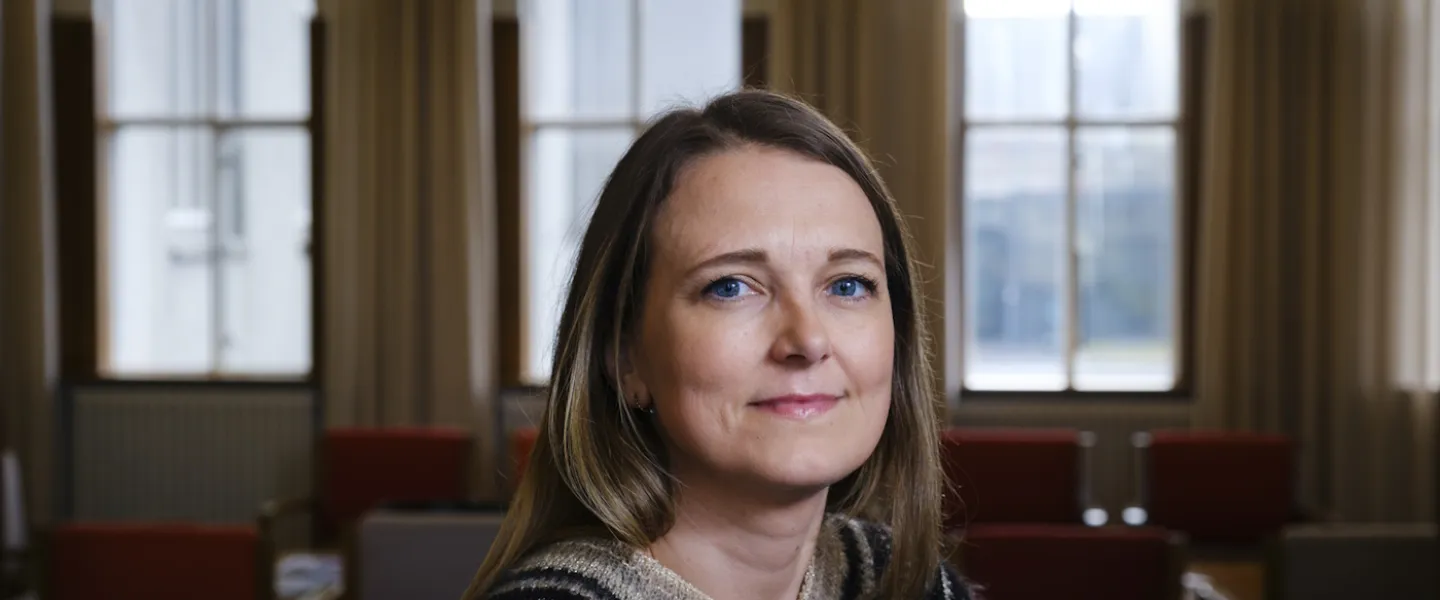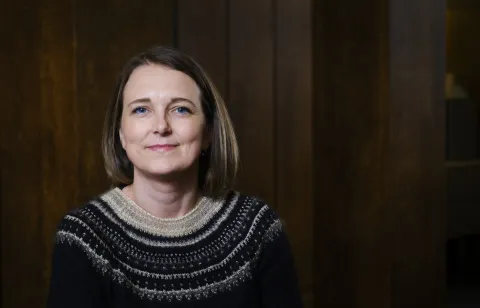
“One of the biggest challenges in international climate cooperation is finding ways to direct funding into actions that address climate change,” says Hrafnhildur Bragadóttir, a PhD candidate at the Faculty of Law at the University of Iceland. She is currently researching the relationship between transactions in voluntary carbon markets and the commitments and actions of states on climate issues. “The challenge is not only related to public funding but also to mobilizing private capital for projects that support climate-friendly value creation—such as technological developments in renewable energy and carbon capture.”
In this context, voluntary carbon markets are playing an increasingly important role. These are diverse markets with no single definition, but generally the product being traded is a so-called carbon credit, which can result from various climate projects undertaken by private actors without any legal obligation to do so. “Carbon credits can then be bought and sold as certificates demonstrating that a certain amount of greenhouse gas emissions has been removed from or avoided in the atmosphere. The main demand comes from companies using these credits to offset their emissions or to demonstrate their contribution to climate efforts,” Hrafnhildur explains.
Rapid Growth in Climate Projects in Iceland
Hrafnhildur is an expert in climate law and has worked extensively on projects related to Iceland’s European climate commitments. Asked about the inspiration for her research, she cites the rapid growth of various climate projects in Iceland, such as forestation and carbon capture and storage, aimed at generating carbon credits. Her academic interests lie primarily in environmental and climate law.
She also notes that legal research on voluntary carbon markets has so far focused largely on projects carried out in developing countries but financed by actors in developed nations. “Less attention has been paid to how projects within developed countries, such as those in the EEA, align with legal requirements and climate commitments.” Her research focuses on whether and how legislation within the EEA needs to be rethought to support private financing of climate projects through voluntary carbon markets.
State Commitments and Voluntary Carbon Markets
The research has a twofold purpose. First, Hrafnhildur examines the relationship between transactions in voluntary carbon markets and the climate commitments and actions of states. “I explore the role of lawmakers in ensuring that privately funded climate projects align with government goals and obligations, not only in climate policy but also across other areas.” Second, she investigates how and whether voluntary markets can support public climate measures and improve the cost-efficiency of tackling climate change.
